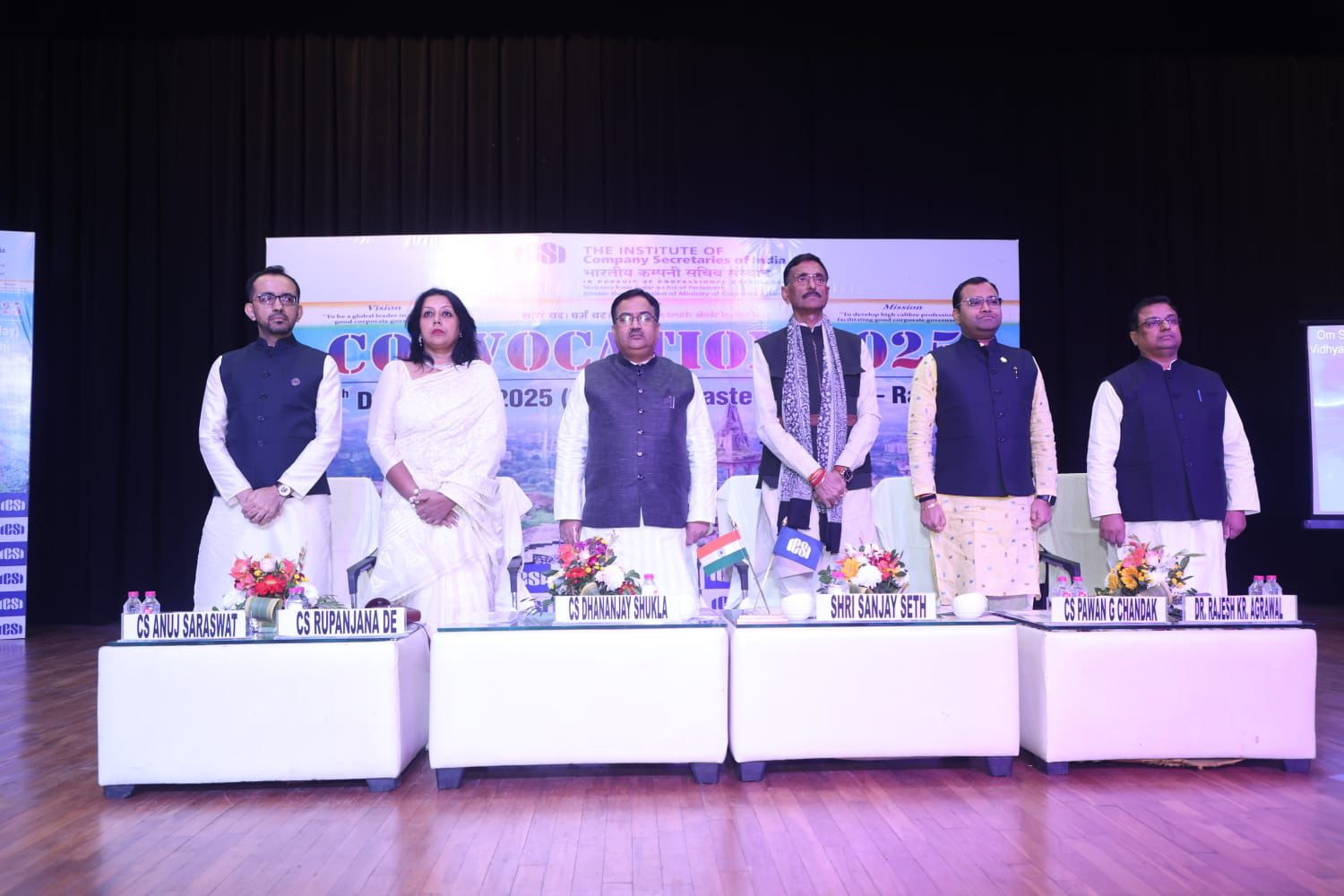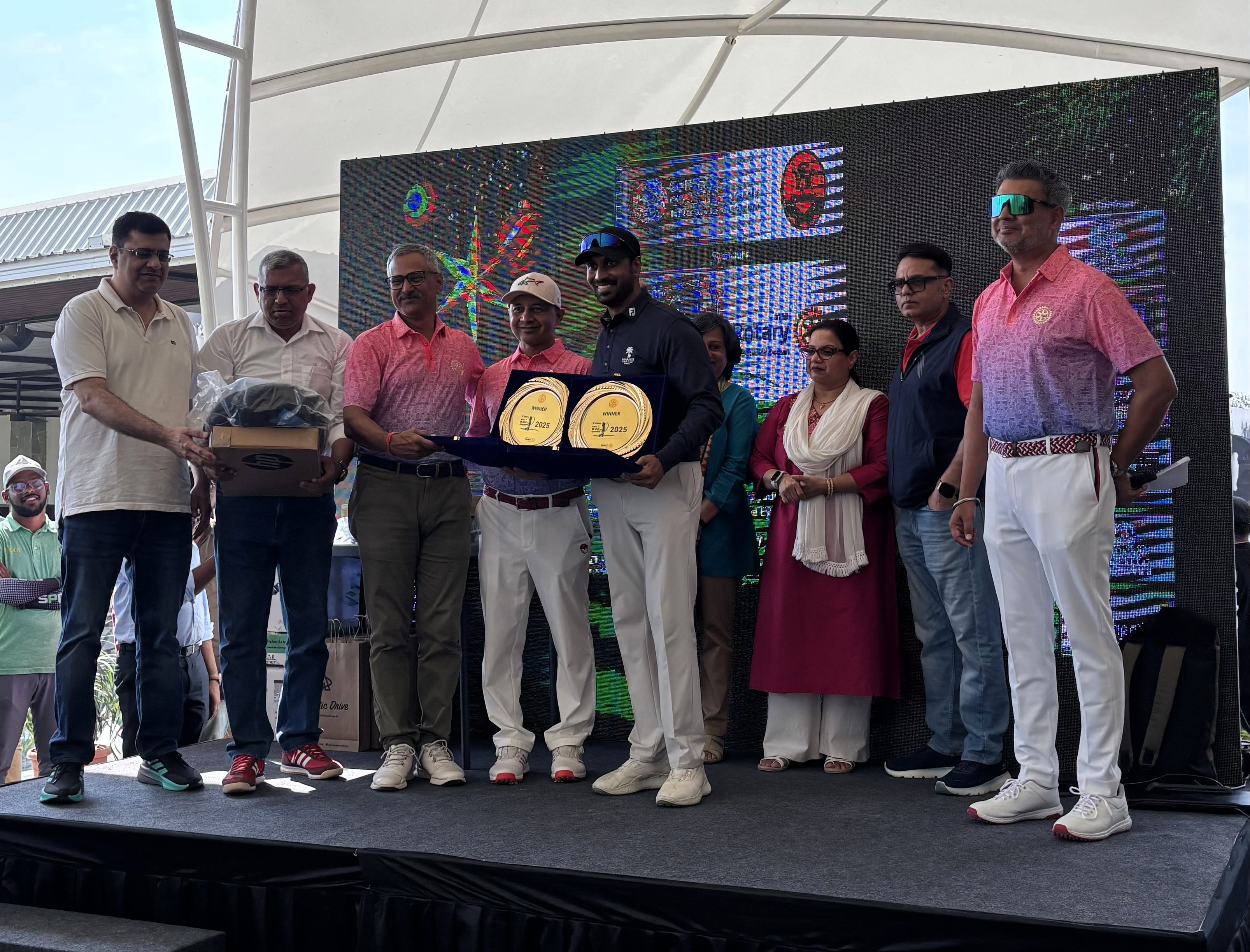Tura, Dec 8: Me’gong Festival 2025 concluded with a spectacular finale in the Garo Hills, drawing thousands of visitors over two days and reinforcing Meghalaya’s emergence as one of India’s most vibrant cultural destinations. With international headliners, national performers and powerful homegrown talent sharing the stage, the festival delivered one of the region’s most memorable showcases of music, culture and community spirit. The festival was attended by over 55,000 people from the region and beyond.

Day 2 brought an electric close to the festival as British pop sensation Blue, global electronic duo Yellow Claw, singer-songwriter Prateek Kuhad, and Bollywood favourite Kanika Kapoor performed back-to-back on the Aski Stage to roaring crowds.
Antony Costa, from the band Blue stated, “Garo Hills’ Megong Festival is amazing! The crowd was on fire. “
Vocalist Simon Webbe, along with Antony Costa, Lee Ryan and Duncan James thanked the festival-goers stating, “Great-Great turnout; thank you everybody; one love to you all! Garo Hills is amazing: a paradise; so good; thank you”
Each act added a distinct energy, beginning with Kanika Kapoor’s high-tempo hits like Chittiyaan Kalaiyan, Baby Doll, Jawaani Le Doobi, to her rendition of Desi Girl, It’s the time to Disco, London Thumakda, Matlabi and many other Bollywood superhits. She added her delight in performing in Meghalaya for the second time and praised the visitors for being one of the best audiences she has ever received.
An electric and ever-energetic beginning to the evening followed Prateek Kuhad’s soulful melodies. Visitors were drawn to Kuhad’s renditions like Saansein, Cold Mess, and many soulful songs that defined the beautiful evening.
This followed Blue’s nostalgic pop anthems. The audience, in thousands, sang together vibing with One Love, All Rise, Guilty, One Last Time, and many more.
This followed Yellow Claw’s explosive EDM finale, turning the festival grounds into a sea of lights and cheering fans, all across the Bolbokgre-Watregre Festival Ground.
Earlier, the evening also brought crowd favourites such as Hoi Hoi Makbil, G-Hills Finest, Crack Gang, Rough Road and Nokpante to the Kingfisher Stage, which attracted thousands of people alike.
While Day 2 captured an unforgettable finale, the festival’s momentum was set on the Opening Day with a star-studded line-up featuring Richard Marx, Neeti Mohan, Julian Marley and Nucleya. Marx performed classics and unreleased tracks from his upcoming album Afterhours, marking a rare appearance in India.
Neeti Mohan’s Bollywood hits drew enormous crowds, and her moving rendition of Mayabini, a tribute to Zubeen Garg in his birthplace of Tura, became one of the most shared and talked-about moments of the festival.
Julian Marley’s reggae set and Nucleya’s high-octane closing performance sealed Day 1 as a musical spectacle not seen before in the region.
The Chief Minister’s Meghalaya Grassroots Music Project (CM-MGMP) continued to be a significant platform at the festival, with seven emerging CM-MGMP bands performing on the opening day, a rare opportunity to share the same event as global performers. Many young artists said the experience was transformational, calling it the biggest platform of their careers so far.
Beyond music, Me’gong Festival offered an immersive cultural experience that drew families, tourists and festival enthusiasts throughout the weekend. The Great Garo Hills Cook Off saw participants reinterpret traditional food using indigenous ingredients, with Nambie Jessica Marak, runner-up of MasterChef India Season 8, present as a special guest to help judge the competition. Traditional sports, a vibrant Brew Village, a colourful Cosplay Contest, Miss & Mr Me’gong Contest, a bustling craft and food market, VR experiences, and stalls by entrepreneurs under PRIME Meghalaya added to the expansive range of attractions.
The opening day of the festival was graced by Shri Conrad K. Sangma, Hon’ble Chief Minister of Meghalaya, whose vision is gradually cementing Meghalaya’s position as a key destination for India’s Concert Economy. Global Artists now chose the state, as a natural choice for their India Tours.
Over the last few years, Meghalaya has hosted global performers across festivals like Me’gong, Shillong Cherry Blossom Festival and Winter Tales, positioning the State as a cultural hub of the Northeast and creating new opportunities in tourism, music and creative enterprise.
The Chief Minister’s Meghalaya Grassroots Music Programme (CM-MGMP) continued to be a significant platform at the festival, with seven emerging CM-MGMP bands performing on the opening day, a rare opportunity to share the same event as global performers. Many young artists said the experience was transformational, calling it the biggest platform of their careers so far.
As the lights dim over the Bolbokgre-Watregre grounds, the festival leaves behind a trail of powerful performances, new memories, and a renewed sense of pride in the artistic and cultural identity of the Garo Hills.







